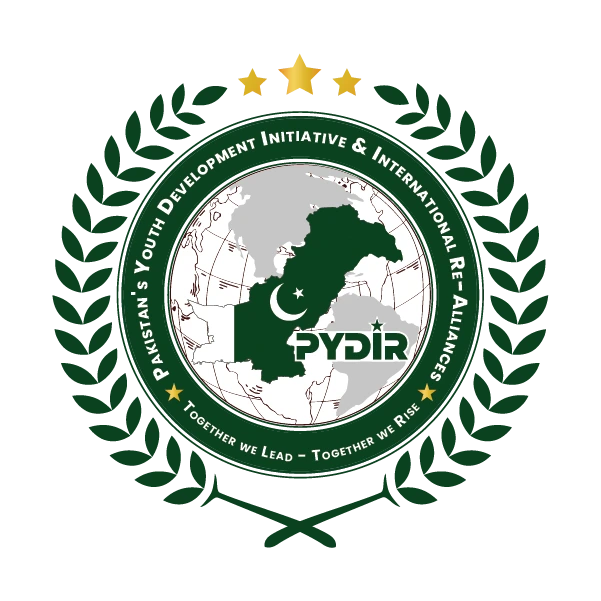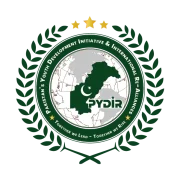Middle East has been marred by conflict, instability, and geopolitical tensions since the 20th century. Although global powers have taken various initiatives and diplomatic approaches to aim to maintain peace in the region,. The reason for the instability and conflicts is the geopolitical importance of the Middle East, as it is located in the centre of the maritime sea route and includes some important choke points of sea trade. Any blockage at these choke points can affect world trade. Secondly, this region contains natural resources and produces 48.3 percent of world oil.
The Middle East has long been synonymous with geopolitical tension and conflict, but the global powers play an important role as mediators to resolve the conflicts and maintain peace and prosperity in the region. They play the role of mediators and facilitate the two parties having conflict. They used their global power status and, by leveraging their diplomatic network and expertise, provided a peaceful way for the resolution of longstanding disputes. In the post-World War II Era, the region first experienced the war between Arab states and Israel in 1948, and the United Nations served as a mediator in the Arab-Israel war. In the case of the six-day war in 1967 and the Yom Kippur war in 1973, the United Nations, Soviet Union, and USA played the roles of mediators and resolved the conflicts between rival states.
In the 21st century, the Middle East has been marked by various conflicts and wars, each with its own complexities, such as the Iraq War (2003–2011), the Syrian Civil War (2011–present), the Arab Spring (2010–2012), the Yemen Civil War (2015–present), and the Israel–Palestine
Conflict (ongoing): these conflicts have had far-reaching implications, including humanitarian crises, migration and displacement of citizens, and political upheaval and the spread of extremism. These are the challenges facing the Middle East at the present time.
The United Nations has been instrumental in deploying peace missions in the Middle East to maintain peace in the region. The United Nations (UN) always plays a vital role in providing humanitarian aid to warring states such as Syria, Palestine, and Yemen, as well as encouraging and monitoring the fires in the region.
While the other global powers, such as Russia and the European Union, have always been deeply involved in mediating the Israel and Palestine conflict, which has been lasting for 75 years, they have made the efforts to negotiate the two-state solution, aiming to address the core grievances of both sides.
Global powers such as China, the USA, and Russia often lend support to regional diplomatic initiatives aimed at resolving conflicts in the Middle East. such as the example of China, which plays the role of mediator in the Saudi Arabia and Iran conflict and makes the relations between both states better for the sake of regional peace and stability, or if we shed light on USA diplomatic intuition. So the USA played a full role in the Oslo Accord held in 1993 (Norway) and the second Oslo Accord held in 1995 (Egypt). The purpose of the Accord was to resolve the conflict between the Palestine federal federation (representative of the Palestinian state) and Israel. while Russia has also actively engaged in diplomatic efforts to find a political solution to the Syria conflict, while Russia has brokered several cease-fire agreements between the Syrian government and opposition groups. Alongside diplomatic efforts, Russia also provided humanitarian aid to civilians in conflicts.
Despite humanitarian aid and diplomatic efforts, the global power has also played a vital role in arm control and counterterrorism in the region, maintaining peace and prosperity in the region. Global power always supports the initiators that foster dialogue, mutual understanding, and reconciliation among conflicting parties in the region.
While global powers have played an important role in maintaining peace in the region, the region still contains conflicts and civil war, which are badly affecting the lives of its citizens. Therefore, So there must be a broader and more comprehensive approach that addresses the root causes of conflict and prioritises the needs and aspirations of the region’s diverse populations. While sustainable peace required sustained commitment, creative diplomacy, and genuine engagement with all stakeholders in the region and beyond the region.
Student of BS International Relations from International Islamic University Islamabad and a member of PYDIR.



